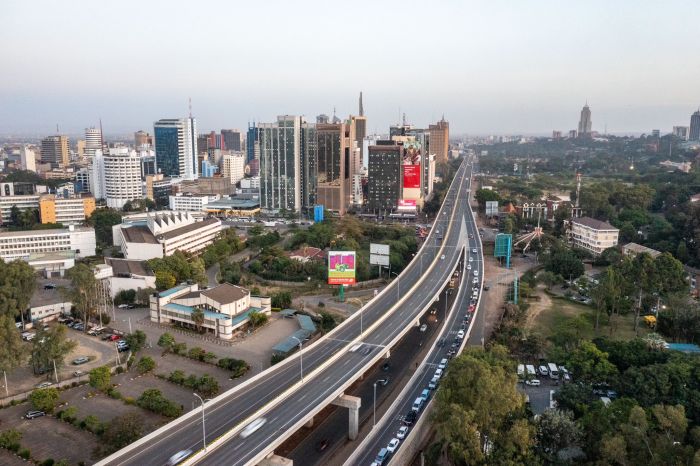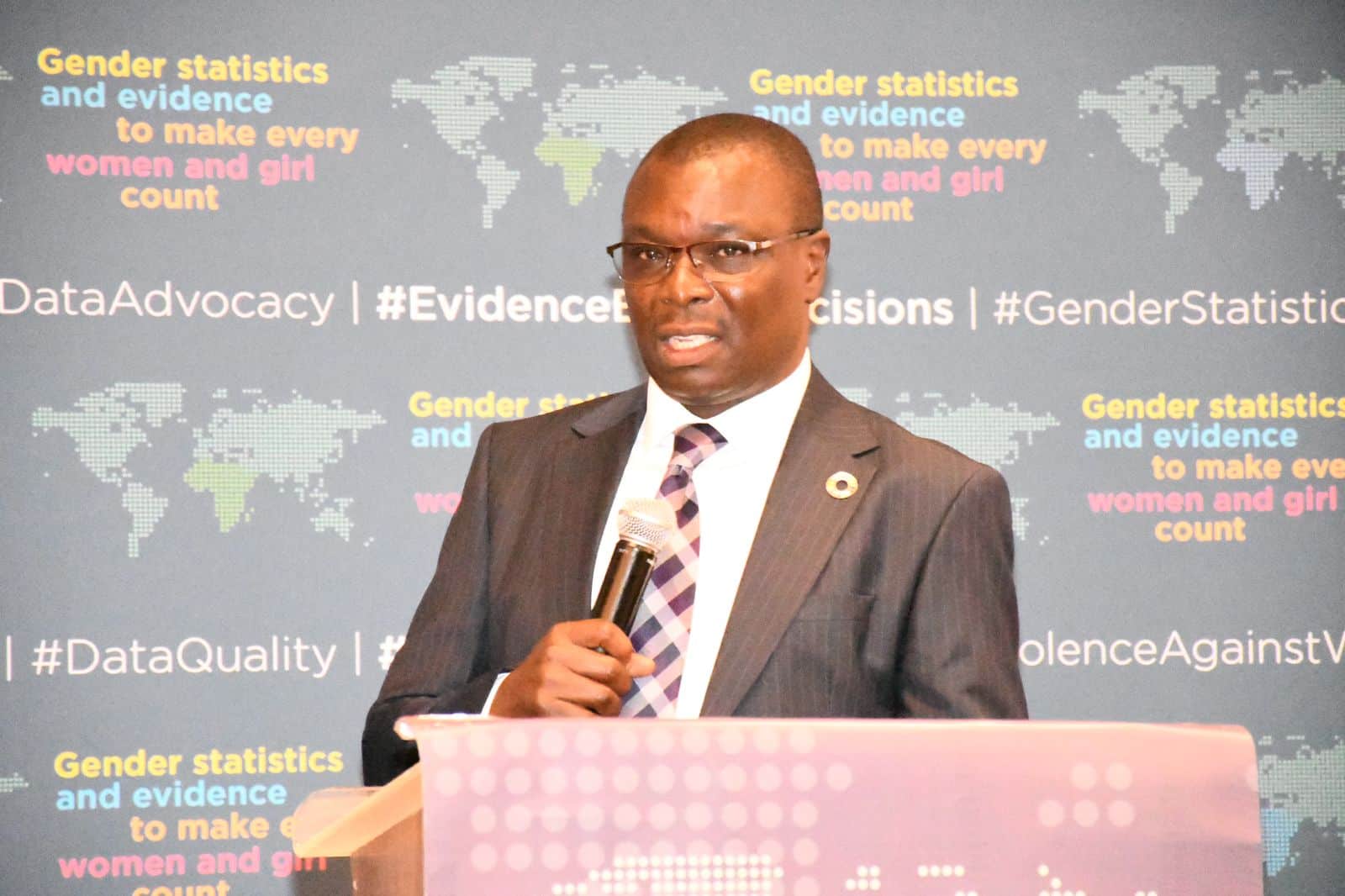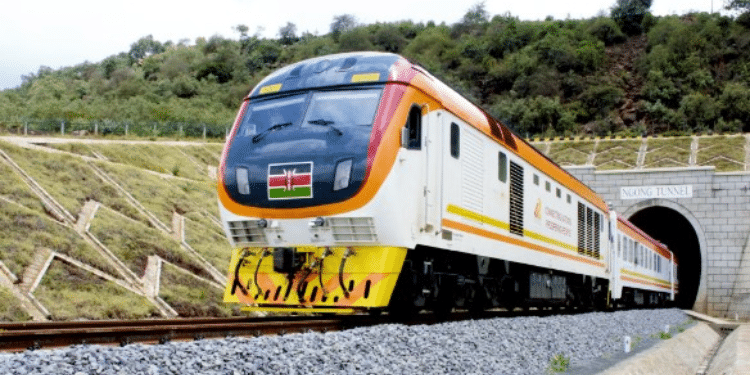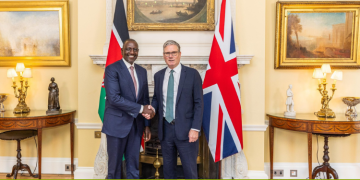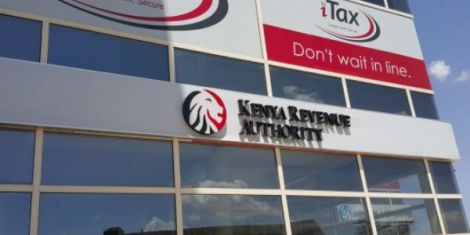The National Treasury Principal Secretary, Chris Kiptoo has explained that the Kenya revenue Authority (KRA) and the treasury have been able to maintain the economy despite difficult financial times.
While appearing before the National Assembly Committee on Finance and National Planning, Kiptoo explained that the economy was not affected even by the floods crisis that hit the nation because of donor funding and contingency funds.
Additionally, he revealed that KRA had maintained revenue collection explaining that it had acquired scanners through lease under Public-Private Partnerships (PPP) to keep abreast with new technology.
“I want to assure the Committee that the government has put up mitigation measures in place, to counter the effects of floods from the contingency fund as well as from donor funding,” the PS explained.
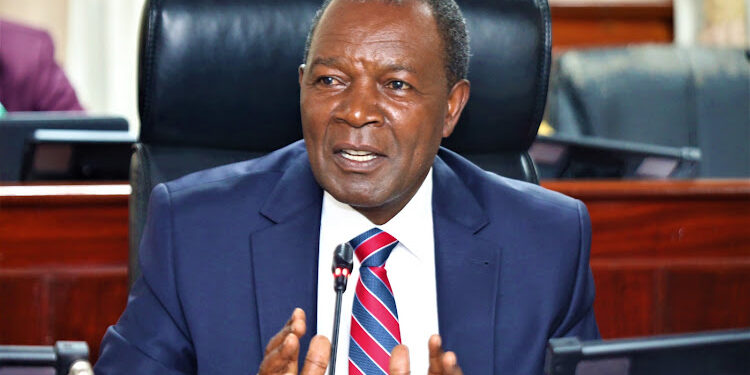
Also Read: Miguna Counters Ruto’s Plan of Increasing Tax Rates; Gives 5 Solutions
Kiptoo on Other Measures KRA has Taken
At the same time, the PS addressed the revenues and expenditures contained in the draft Estimates for the Financial Year 2024/2025 and Supplementary Estimates for Financial Year 2023/2024.
According to his report, KRA had collected tax amounting to Ksh1,855.7 billion against a target of Ksh2,120.4 billion in the 2023/2024 financial year recording an 87.3 percent performance.
He said that the economy was also stabilizing because the Kenya shilling exchange rate had continued on a strong streak against major international currencies. Kiptoo noted that by end of April 2024, the shilling traded at Ksh133.3 against the dollar, compared to Kshs.160.8 recorded at the end of January.
“The Committee also heard that the total revenue collection amounted to Ksh1,855.7 billion against a target of Ksh2,120.4 billion implying a performance rate of 87.3 percent,” a statement from the committee read in part.
Furthermore, he explained that the National Treasury had made efforts to create a unified account to prevent certain agencies from accumulating outstanding bills, where funds remain stagnant in a fixed account.
On the other hand, he noted that a total Ksh111,261 million of the 2023/2024 Financial Year budget had been used, representing an absorption rate of 58.63 percent, which falls short of the anticipated 75 percent absorption level.
Also, there was a reduction in the recurrent budget estimates from Ksh79,583.40 million to Ksh66,992.98 million.
Also Read: Finance Bill: Mpesa and Bank Charges Set to Increase in New Proposal
Finance Bill 2024 and Ruto Taxing Kenyans Every Year
While speaking to Havard students on May 14, President William Ruto declared his stance on increasing taxation rates in the country before his term ends adding that Kenyans believe that they pay high taxes while other African countries are taxed high on average.
Ruto made a comparison to other countries like France where he pointed out that it has a 45% tax rate while underlining his drive to push Kenyans to 16% and between 20% and 22% at the end of his term.
“Kenyans have been socialized to believe that they pay the highest taxes, but empirical data shows as of last year our tax as a percentage of our revenue was at 14%. Our peers in the continent are on an average of between 22% and 25%. Our taxes are way below those of our peers,” Ruto said.
His remarks came days after the publication of the Finance Bill 2024 which proposed an increase in exercise duty for fees charged on mobile money services including M-Pesa and other money transfer services.
In the document, the national treasury also proposed a 16 per cent VAT on both unleavened and leavened bread which had earlier been exempted from taxation.
Follow our WhatsApp Channel for real-time news updates:






